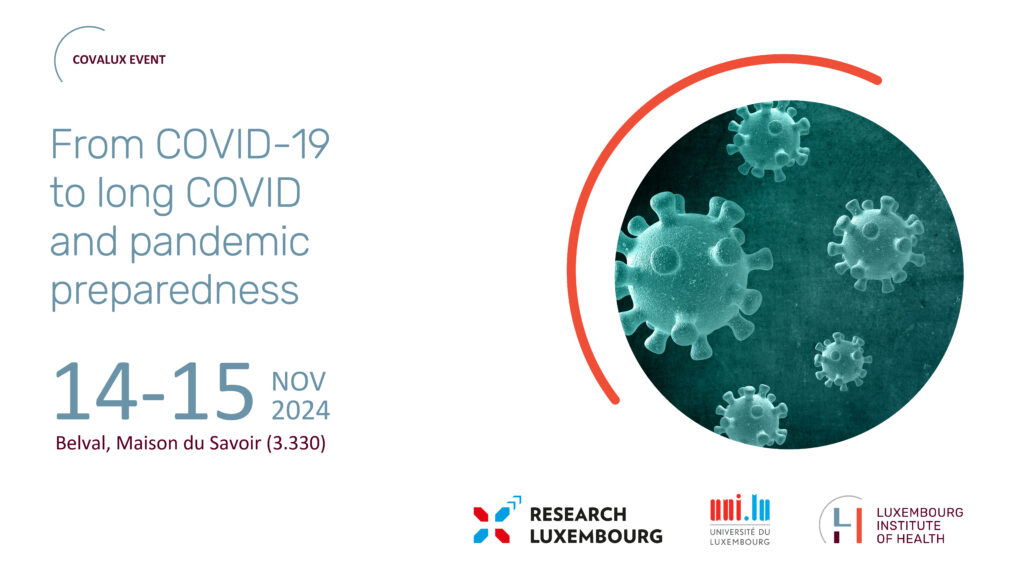News
Luxembourg’s Hepatitis C survey selected as an example of best practice for monitoring Drug Related Infectious Diseases

Collaboration between the Luxembourg Institute of Health and the Ministry of Health cited by the EU as excellent example of how to reduce hepatitis infection.
With the goal of ending the HIV/AIDS epidemic and eliminating viral hepatitis, the European Union Drug Agencies (EUDA) released a new Drug Related Infectious Diseases (DRID) protocol aimed at monitoring infectious diseases among people who inject drugs. The DRID protocol outlines several European surveys as best practices to serve as practical examples. One of these is the HCV-UD study, conducted by the Luxembourg Institute of Health (LIH) and the National Service of Infectious Diseases at the Centre Hospitalier de Luxembourg. The design of the HCV-UD study and its questionnaire were included as a good example of how to monitor hepatitis within this key population.
Hepatitis is the leading cause of liver cancer. The hepatitis C virus (HCV) can cause both acute and chronic hepatitis, characterized by an inflammation of the liver. In 2022, 1 million people were diagnosed with Hepatitis C. HIV and viral hepatitis disproportionately affect people who inject drugs (PWID), and many of them are not aware of their status. Diagnosis is the first step towards getting access to efficient treatment, known as Direct Acting Antivirals, which cure 95% of people and prevent further transmission.
To eliminate viral hepatitis as a public health threat, essential epidemiological indicators collected from PWID are critical. Furthermore, it is crucial to identify gaps where intensified efforts are needed to make progress. The DRID protocol outlines the key steps and considerations necessary when deciding whether or not and how to set up a survey for monitoring DRID, related risk factors, and preventive interventions among PWID. The protocol was developed by the EUDA, the Robert Koch Institute, and a working group of European experts including Dr Carole Seguin-Devaux, group leader of the Infection & Immunotherapy Group at the LIH. The protocol includes several suitable survey approaches and best practice examples from European countries that serve as guides for setting up DRID surveys.
The HCV-UD study conducted in Luxembourg was performed at four harm reduction sites including two supervised drug consumption rooms with 480 PWID participants. The study has since become an outreach program funded by the Ministry of Health through the national Hepatitis program. The National Service of Infectious Diseases also currently provides HCV-RNA testing (to diagnose cases of chronic hepatitis) and treatment directly in the four harm reduction sites.
The full protocol can be found on the EUDA website.
Further info on the Luxembourg government website.







